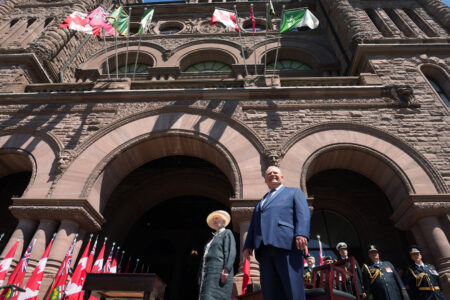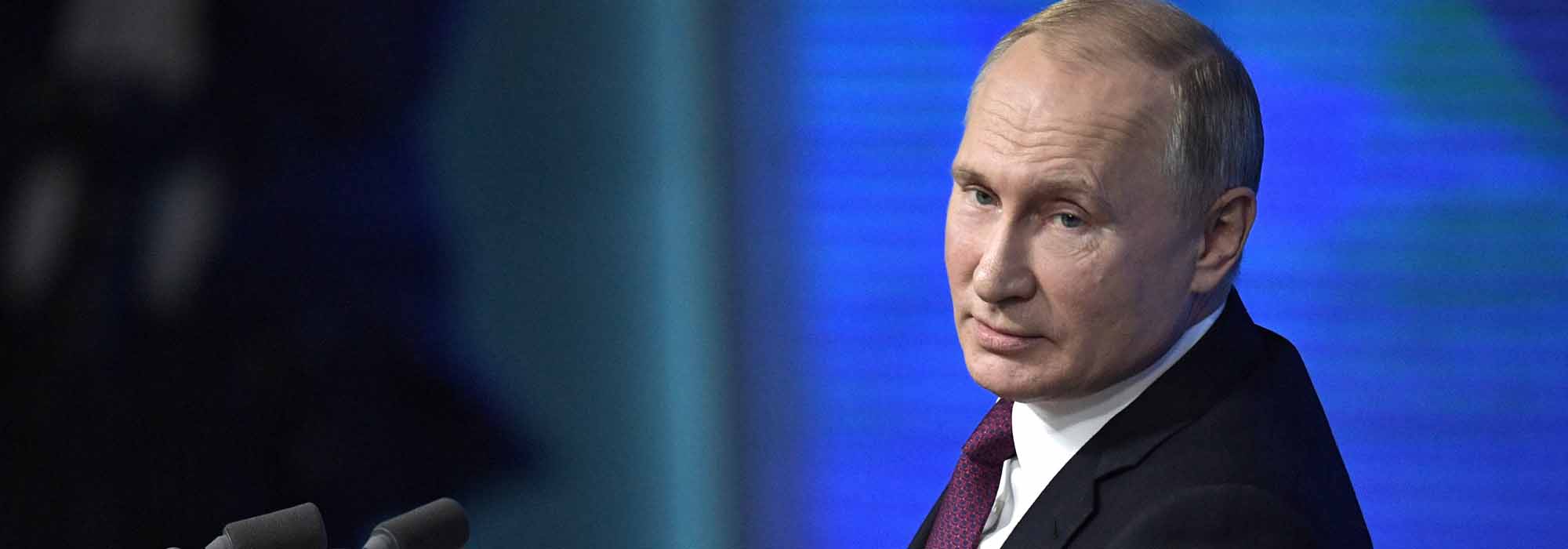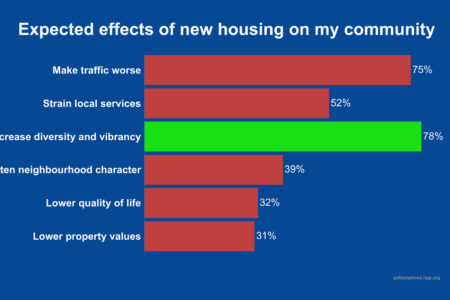
Like a growing number of countries, Canada is contending with some vexing challenges to its democracy posed by ambitious and more internationally active authoritarian states. It is not just one country that presents such challenges. China, Russia, Saudi Arabia and Iran are among the autocratic regimes quite capable of exerting influence beyond their national borders, and they are doing so in many democratic settings. Nor is it a single sector or institution that is vulnerable. Media, universities and academic publishers, as well as the technology sector and electoral systems, are among those at risk in this era of hyper-globalization.
Democracies have been slow to come to grips with the fact that interaction with autocracies in such contexts is not necessarily neutral or benign. Russia’s corrosive manipulation of the information environment and the election processes in any number of instances, including in the United States, is indicative of the problem.
The most determined autocratic powers use a variety of activities to manipulate democratic institutions. Canadian society is already contending with this multifaceted challenge.
Chinese Canadians have raised concerns about the Chinese government’s impact on their own freedom of expression. The Canadian experience is part of a global pattern in which the space for external criticism of the Chinese authorities has shrunk. Within China, the authorities brook no dissent. Abroad, Beijing seeks where possible to exclude from public discussion topics on which it prefers to hear only silence, part of an exertion of influence my colleagues and I at the National Endowment for Democracy describe as “sharp power.” This desire was brought into focus in June 2016 during a news conference in Ottawa, when China’s foreign minister, Wang Yi, scolded a Canadian reporter for asking Stéphane Dion, then Canada’s foreign minister, a question about human rights in China.
The authoritarian challenge to democratic standards is also present in the educational sphere. China’s engagement in the Canadian education sector has skyrocketed. Canada was host to 186,000 Chinese students as of December 2017. Confucius Institutes and Confucius Classrooms, which are part of the Chinese government’s overseas propaganda efforts, offer Chinese language and culture courses at universities and schools around the world. As of early 2019 there are 12 Confucius Institutes and 36 Confucius Classrooms in Canada, controversial for their opacity and links to China’s state propaganda apparatus. As I noted in testimony presented to the Canadian Senate in November, “Little about [the Confucius Institutes] is transparent. It is hard to say, for instance, what amount of Chinese government money goes to host universities. It’s also unclear what level of control universities have over curricula within these institutes.” Unlike freestanding organizations such as France’s Alliance Française or Germany’s Goethe-Institut, the Confucius Institutes are embedded within educational institutions, most of which are dedicated to the type of free intellectual inquiry that is not possible at the Confucius Institutes themselves.
Saudi Arabia has tried to limit expression. In August 2018, Riyadh effectively sought to weaponize the more than 8,000 Saudi students studying in Canada in reaction to Foreign Minister Chrystia Freeland’s straightforward tweets about evident human rights abuses in Saudi Arabia. The horrific murder of Jamal Khashoggi in Istanbul at the hands of the Saudi state in October brought the depths of the kingdom’s repression into unambiguous and sharp relief. For their part, the Iranian authorities have sought to extend censorship to film showings in Canada, among other instances of extraterritorial repression.
As they do in many places, the leading authoritarian regimes increasingly reach beyond their borders to intimidate or silence dissidents. The University of Toronto’s Citizen Lab identified what it believes are Saudi state efforts to digitally track and intimidate Canadian residents. Beijing, too, has engaged in such repression in Canada. In 2018, a report issued by a coalition led by Amnesty International Canada chronicled harassment ranging from digital disinformation activities to direct threats aimed at Taiwanese, Tibetans and Uighurs in Canada. Within China, Tibetans and Uighurs face an unprecedented crackdown; in Xinjiang, the latter are being subjected by Beijing to some of the most horrifying, systematic repression since the darkest days of the 20th century. Beijing’s arbitrary methods of “rule by law,” rather than rule of law, have been on display in the Canadian context in the recent case of Huawei Technologies Company executive Meng Wanzhou.
Russia has received a good deal of attention for its harmful intrusions into democratic space, and deservedly so. Its cyber-subversion and disinformation methods are metastasizing globally. The Russian authorities have tested, refined and applied much of their playbook of repression at home, on Russian journalists and activists.
A concerted response is needed to the challenges presented by such authoritarian regimes. Any effort to strengthen resilience and defend democracy’s integrity must be durable. It will require effective cooperation and dedicated channels for information sharing.
On this count, the nascent Rapid Response Mechanism (RRM) initiated in 2018 under Canada’s G7 presidency to defend against foreign threats holds promise and could offer a valuable model of cooperation for future efforts to defend democracy and the ideas that underlie it. The RRM initiative seeks to strengthen the leading democracies’ “coordination to identify and respond to diverse and evolving threats…including through sharing information and analysis, and identifying opportunities for a coordinated response.”
The challenge is multidimensional and therefore requires a full-spectrum response, including the active participation of civil society, which must play an important role in ensuring that democracies maintain their own standards and principles as a way of safeguarding themselves against corrosive authoritarian sharp power.
Photo: Russian President Vladimir Putin answers a question during his annual live-broadcast news conference with Russian federal, regional, and foreign media at the World Trade Centre in Moscow, Russia, on December 20, 2018. EPA/ALEXEI NIKOLSKY / SPUTNIK / KREMLIN / POOL
Do you have something to say about the article you just read? Be part of the Policy Options discussion, and send in your own submission. Here is a link on how to do it. | Souhaitez-vous réagir à cet article ? Joignez-vous aux débats d’Options politiques et soumettez-nous votre texte en suivant ces directives.









